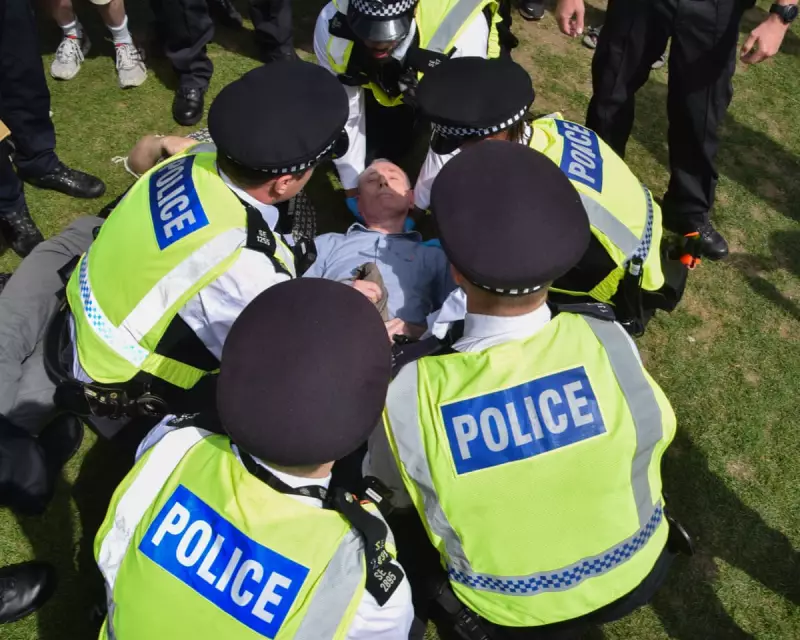
Prominent human rights organisations across the UK are urging authorities to suspend all prosecutions against members of Palestine Action, the direct-action protest group targeting companies with alleged links to Israeli military operations.
The coalition, including Liberty and Amnesty International UK, argues that current legal actions threaten fundamental democratic freedoms. "The right to protest is a cornerstone of our democracy," stated a Liberty spokesperson. "These prosecutions risk creating a chilling effect on legitimate dissent."
Growing Controversy Over Protest Rights
The campaign follows a series of high-profile arrests and trials of activists who have occupied factories and offices of defence contractors. Prosecutors allege criminal damage and trespass offences, while defendants claim their actions constitute lawful protest against arms sales to Israel.
Legal experts note the cases raise complex questions about where legitimate protest ends and criminal activity begins. Recent court decisions have produced conflicting rulings, adding fuel to the debate.
Government Response
The Home Office maintains that while peaceful protest is protected, "there can be no tolerance for criminal damage or disruption to legitimate businesses." Ministers have pointed to new police powers under the Public Order Act to prevent protest tactics like locking-on.
Campaigners counter that these measures disproportionately target environmental and pro-Palestinian movements. Court records show over 150 Palestine Action-related cases currently progressing through the legal system.
What Happens Next?
The rights groups' intervention comes as:
- Several test cases approach trial dates
- Parliament prepares to review protest legislation
- Public support for Palestinian causes remains high in polling
Legal observers suggest the controversy may ultimately require Supreme Court clarification on the boundaries of protest rights in an increasingly polarised political climate.





